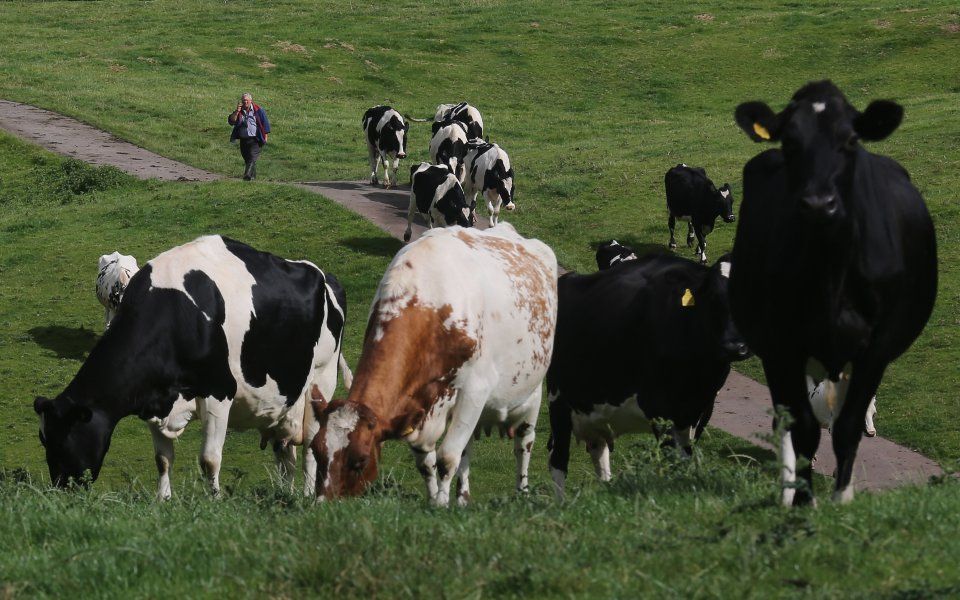No-deal Brexit could lead to tariffs of £9.3bn on EU food, report warns

Food and drink costs could increase by £9.3billion a year if the UK does not slash tariffs in a 'no deal' Brexit, a new report has warned.
Research by Barclays claims leaving the EU without a trade agreement would create an average tariff of 27 per cent on food and drinks coming from the bloc.
But the warning was dismissed as "scaremongering" by a leading Brexit-backing economist, as the government could lower or completely abandon duties on goods entering the UK from all countries once it is outside the EU's custom union.
If the tariffs were kept, orange juice, white sugar and bananas would be among those items to be hit with new costs, driving up prices for shoppers.
Ian Gilmartin, head of retail at Barclays Corporate Banking, said: “Some products would avoid tariffs, even in a no-deal scenario, but for most goods the effect of an increased tariff burden would be extremely damaging, and cheaper goods would be the hardest hit.
"71 per cent of our imported food and drink comes from the EU, and 60 per cent of our exports go to the EU.
"A positive agreement on trade is essential if we are to protect UK exporters and avoid significant price rises for UK consumers.”
In 2017, the UK imported £48billion of food and drink, approximately 40 per cent of the total market.
Of these, 71 per cent coming from within the EU entered the UK free of customs duties and other trade costs.
The report – 'Scale, Disruption and Brexit – a new dawn for UK food supply chains?' – warns other items that could see steep cost rises are frozen beef, by 298 per cent, cream, up 81 per cent, and garlic by 71 per cent.
Additionally, a ‘no deal’ will see every consignment of goods from the EU require a customs declaration which starts at a minimum of £50, according to the report.
Ruth Lea, economic adviser to the Arbuthnot Banking Group and a former civil servant, said the report was another example of "Project Fear" around Brexit.
She said: "Any government that was thinking of cost of living could cut tariffs. It would be progressive and help the lowest income groups.
"This is just scaremongering."
Ian Wright, chief executive of the Food and Drink Federation, claimed the report showed how "grisly" a ‘no-deal’ Brexit would be for his industry.
He said: "A ‘no-deal’ scenario poses a real threat to the success of UK export sales to the EU.
"It is our largest export market, worth more than £13bn each year. UK exporters will face onerous requirements of physical and documentation checks at borders, costly changes to product labelling and significant associated administrative burdens."